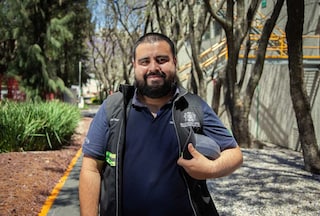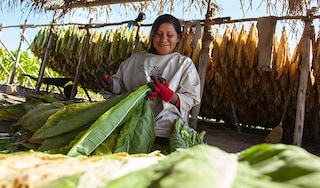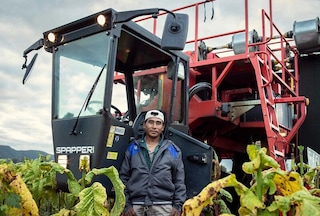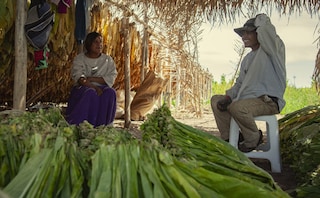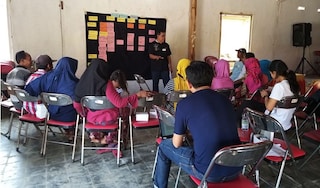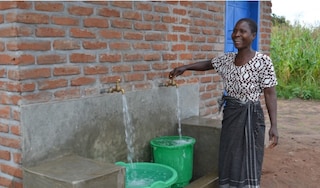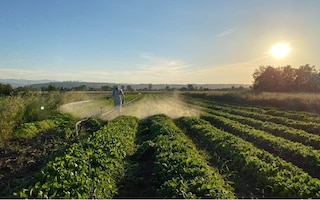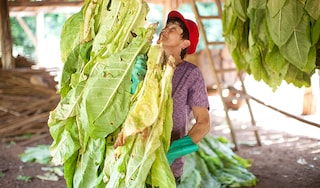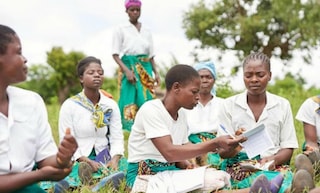Farmers, workers, and families living and working on the farms in in PMI’s tobacco supply chain are among those whose human rights are most affected by our business. Much tobacco leaf is grown on small farms in low- and medium-income countries, and human rights issues such as child labor, subpar wages, and poor working conditions are identified risks in the sector.
PMI is aware of its responsibility to respect the human rights of the many people who produce tobacco for us. We therefore established our Agricultural Labor Practices (ALP) program in 2011. It has been a key focus for PMI for the past decade, and we have learned much about how to identify and address potential human rights issues resulting from tobacco production. Over the years, the program has been continuously refined and strengthened, and today we apply innovative and integrated solutions to systemic issues, while fully engaging with suppliers, farmers, and local communities.
Zero child labor
in our tobacco supply chain by 2025
100%
of tobacco farmers achieving a living income by 2025
100%
of contracted farmers supplying tobacco to PMI to have basic water access by 2025 and access to basic sanitation and hygiene by 2030
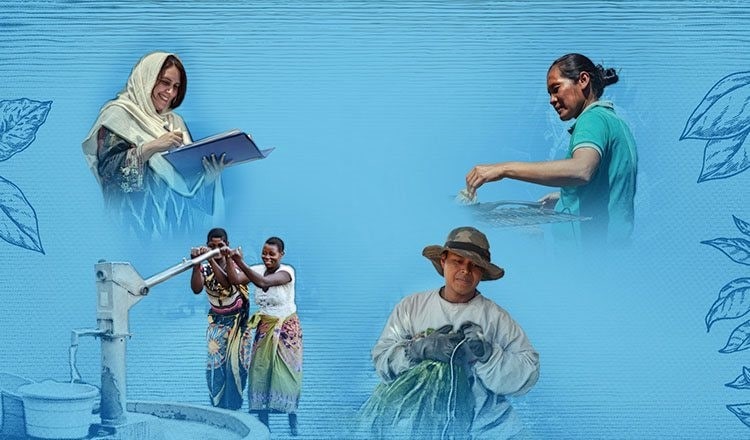
Empowering women in agriculture
PMI addresses these challenges by putting women involved in its tobacco supply chain—including farmers, workers, spouses and daughters—at the heart of its work to ensure safe and fair working conditions for all those involved in tobacco farms.
